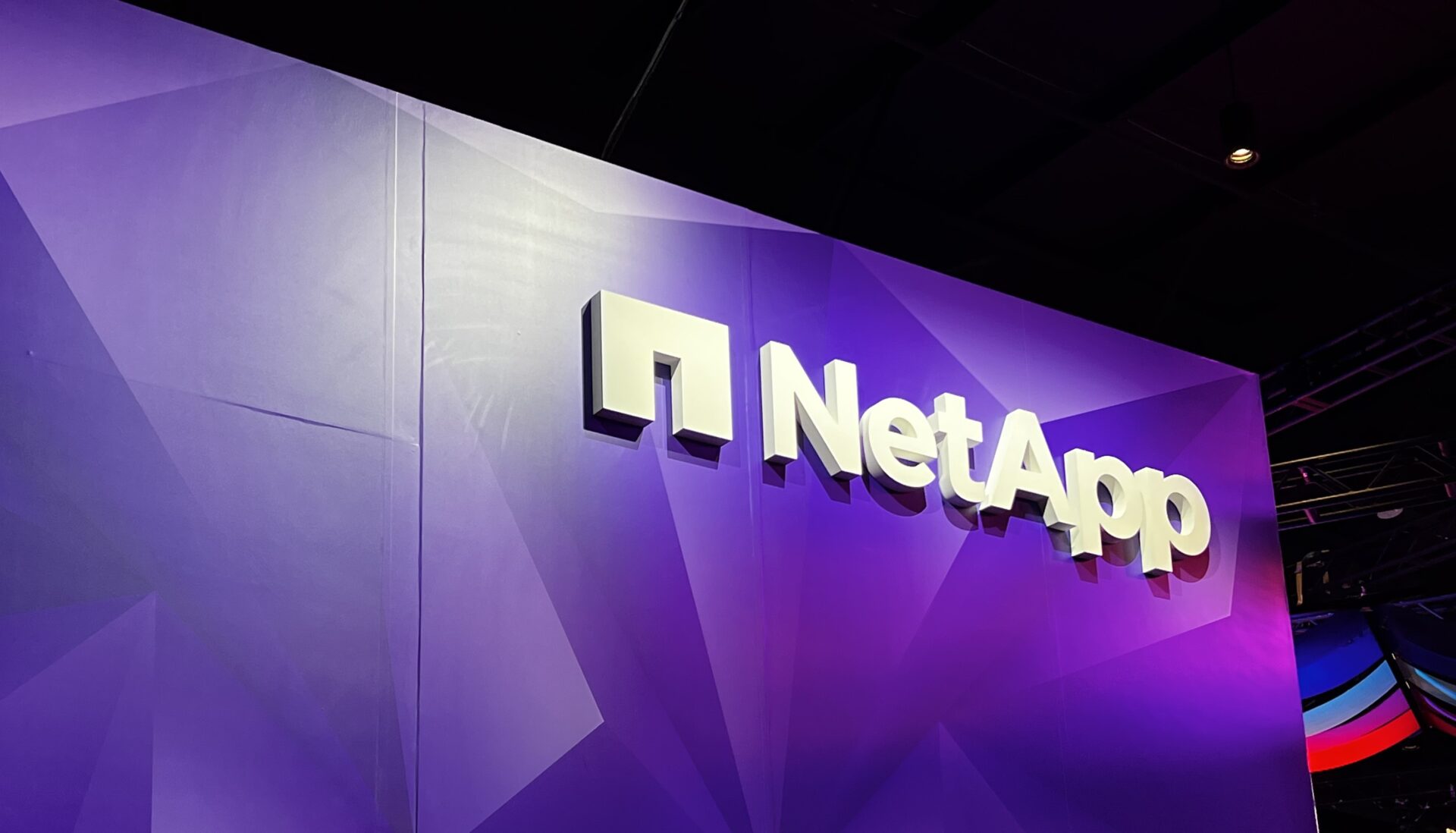NetApp, a company specializing in intelligent data infrastructure, has published its latest report, “The AI Space Race.” This report examines the intense global competition among nations vying for leadership in AI innovation. While some countries currently hold an advantage, the survey, which included CEOs and IT executives from the US, China, the UK, and India, indicates that every participant has the capacity to succeed in the global pursuit of AI dominance.
Key Takeaways:
- The United States is seen by 43 percent of respondents as best positioned for long-term AI innovation leadership.
- Eighty-one percent of global organizations are currently piloting or scaling AI projects.
- Eighty-eight percent of global respondents view their organization as mostly or completely ready to sustain AI transformation.
- India (29%) and the UK (32%) feel additional pressure to compete with perceived leaders China and the US.
- A significant misalignment exists between Chinese CEOs and IT leaders regarding AI readiness and deployment.
- Globally, 79 percent of respondents are concerned about broken models and biased insights from poor data strategies.
- Intelligent, scalable, and secure data infrastructure is crucial for successful AI innovation.
The report underscores that AI is no longer a discretionary tool for businesses. The country that achieves global leadership in AI innovation will be well-positioned to emerge as a technological superpower, potentially driving economic growth, enhancing quality of life, and extending global political influence in the coming years. Effective AI innovation relies on organizations preparing their data to be accessible, secure, and scalable, regardless of its location, to yield reliable and valuable results.
Gabie Boko, CMO at NetApp, drew a parallel between the current AI competition and the 1960s “Space Race.” She noted that just as world powers then raced to advance scientific progress for national pride, the outcomes of the “AI Space Race” will shape the world for decades ahead. Boko emphasized that companies and regions capable of preparing their data for AI will gain differentiating business insights and improve operational efficiencies, giving them an advantage over competitors. She further stated that intelligent, scalable, and secure data infrastructure is a decisive element as global competition encourages businesses to solidify their AI goals and translate them into a lasting advantage.
The AI Space Race: An Open Field
When survey respondents were asked which region is best positioned to lead AI innovation in the long term, a significant 43 percent from every country pointed to the United States. However, the report also highlights a widespread belief among respondents that their own regions are competitive and AI-ready in the global innovation race.
The NetApp report indicates that 81 percent of global respondents are actively piloting or scaling AI projects. Furthermore, 88 percent consider their organizations mostly or completely prepared to sustain AI transformation. This substantial global investment in AI innovation suggests a collective effort to achieve global leadership. Yet, the report reveals that some countries are pursuing this goal with greater urgency. Respondents from India (29%) and the UK (32%) reported feeling additional pressure to compete, acknowledging China and the US as current frontrunners. Despite the intense rivalry and active investment, the report concludes that the opportunity for any country to achieve AI leadership remains open.
The variations in the state of AI innovation globally are influenced by differing priorities in its implementation. In China, respondents show a greater emphasis on scalability, with 35 percent ranking it as a top capability. This figure is 11 percent higher than the global average, suggesting a focus on rapid deployment to achieve early impact. Conversely, leaders in the US, UK, and India prioritize integration with existing systems. While this long-term strategy aims for sustained AI growth and potentially greater business value in the future, the short-term approach seen in China may yield more immediate results.
Bridging the Gap: Aligning Business Goals and Technology Realities
As organizations push for accelerated AI innovation, it is important for CEOs and IT leaders to be in agreement on the state of their technology environments and their plans for long-term success and leadership.
The survey uncovered a notable misalignment in China between CEOs and IT leaders regarding both AI readiness and actual deployment. This could potentially hinder China’s long-term leadership in AI. Specifically, 92 percent of Chinese CEOs reported active AI projects, compared to just 74 percent of Chinese IT leaders. In the United States, the alignment is stronger, with 77 percent of CEOs and 86 percent of IT leaders reporting active AI projects. Perceptions of AI readiness also differ in China: 68 percent of Chinese CEOs consider their organizations AI-ready (compared to 62 percent globally), but only 58 percent of their IT counterparts agree (compared to 72 percent globally). In contrast, CEO and IT readiness perceptions in the United States are more closely aligned at 60 percent and 61 percent, respectively. These discrepancies suggest that internal alignment, beyond just ambition, may influence how AI strategies are executed across different regions and roles.
Concerns about the quality of results from AI projects also have the potential to slow down progress if left unaddressed. Globally, 79 percent of respondents expressed apprehension about broken models and biased insights stemming from inadequate data and cloud strategies. Businesses aiming to capitalize on AI innovation will need strong data governance strategies to establish a solid foundation for their digital transformation efforts.
Russell Fishman, Senior Director, Product Management at NetApp, highlighted that data infrastructure and data management, supported by agile, secure, and scalable cloud solutions, will be significant factors in the AI Space Race. He stated that successful organizations will be those that recognize the need for intelligent data infrastructure to support AI innovation, regardless of company size, industry, or geography. Fishman added that as organizations globally adopt AI at scale, NetApp aims to help them extract maximum value from their data by creating an AI-ready data infrastructure that unifies, manages, and harnesses their data for optimal AI outcomes.
The “AI Space Race” is in its early stages, and the organizations that can adapt most quickly are poised to lead in AI innovation. The intense competition documented in the report indicates that businesses need to identify an advantage to leverage AI securely and efficiently, staying ahead of their competitors as the race develops. Adopting an intelligent data infrastructure provides organizations with flexibility and agility to utilize cloud resources when needed, scale AI workloads smoothly, reduce expenses, and adapt to changing business requirements. As AI increasingly progresses from generating content to performing actions, businesses require security that begins with the data itself. Only an intelligent data infrastructure offers a complete chain of trust, allowing enterprises to move swiftly while maintaining control.
NetApp combines unified data storage with integrated data, operational, and workload services to help customers navigate disruptions. The company creates infrastructure that avoids silos, using observability and AI to support data management. NetApp’s data storage is designed to be an enterprise-grade service natively embedded in major cloud platforms, providing seamless flexibility. Their data services also aim to deliver advantages through cyber resilience, governance, and application agility. Additionally, their operational and workload services offer continuous performance and efficiency optimization for infrastructure and workloads through observability and AI. NetApp supports organizations in transforming their data infrastructure to achieve business goals, regardless of data type, workload, or environment.
For further information, interested parties can refer to the report brief and infographic. Additional resources on NetApp’s AI solutions and thought leadership are also available.
FAQs about the AI Space Race and Data Infrastructure:
Q1: What is the “AI Space Race” report about?
A1: The “AI Space Race” report by NetApp examines which countries are leading the global competition to become the world leader in AI innovation, based on a survey of CEOs and IT executives in the US, China, the UK, and India.
Q2: Which country is currently perceived as the leader in AI innovation?
A2: Respondents from all surveyed countries overwhelmingly pointed to the US (43 percent) as best positioned to lead AI innovation in the long term.
Q3: How ready are organizations globally for AI transformation?
A3: The report indicates that 81 percent of global respondents are currently piloting or scaling AI projects, and 88 percent view their organization as mostly or completely ready to sustain AI transformation.
Q4: What are the main challenges hindering AI innovation according to the report?
A4: Concerns about the quality of results from AI projects, particularly fears of broken models and biased insights due to poor data and cloud strategies, pose a potential slowdown to innovation. Misalignment between CEOs and IT leaders on AI readiness and deployment, as seen in China, can also hinder progress.
Q5: Why is intelligent data infrastructure important for AI success?
A5: Intelligent data infrastructure is crucial for successful AI innovation because it ensures data is accessible, secure, and scalable. It helps organizations generate differentiating business insights and improve operational efficiencies. It also provides the flexibility and agility needed to scale AI workloads, reduce costs, and quickly adapt to evolving business needs.
Q6: What is the difference in AI implementation priorities between China and other countries like the US, UK, and India?
A6: Respondents in China place a greater focus on scalability, with 35 percent ranking it as a top capability, suggesting an emphasis on rapid deployment for early impact. In contrast, leaders in the US, UK, and India prioritize integration with existing systems, indicating a long-term strategy to enable sustained AI growth.
Q7: How does NetApp support organizations in their AI journey?
A7: NetApp helps organizations extract maximum value from their data by creating an AI-ready data infrastructure that unifies, manages, and harnesses their data for optimal AI outcomes. This includes providing unified data storage, integrated data, operational, and workload services, and creating silo-free infrastructure using observability and AI. Their data storage is also natively embedded in major clouds for seamless flexibility.


















